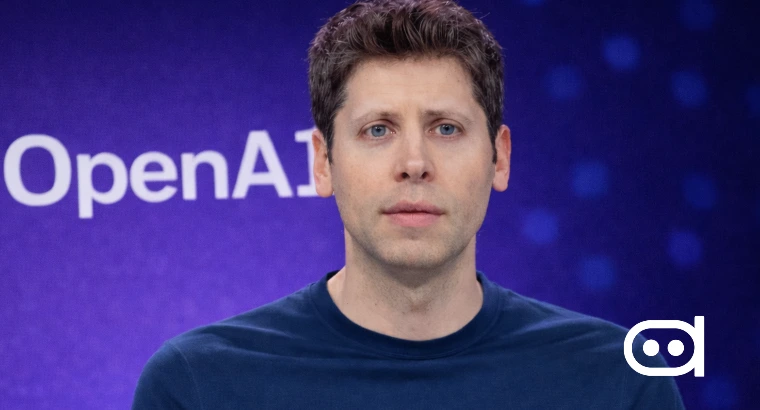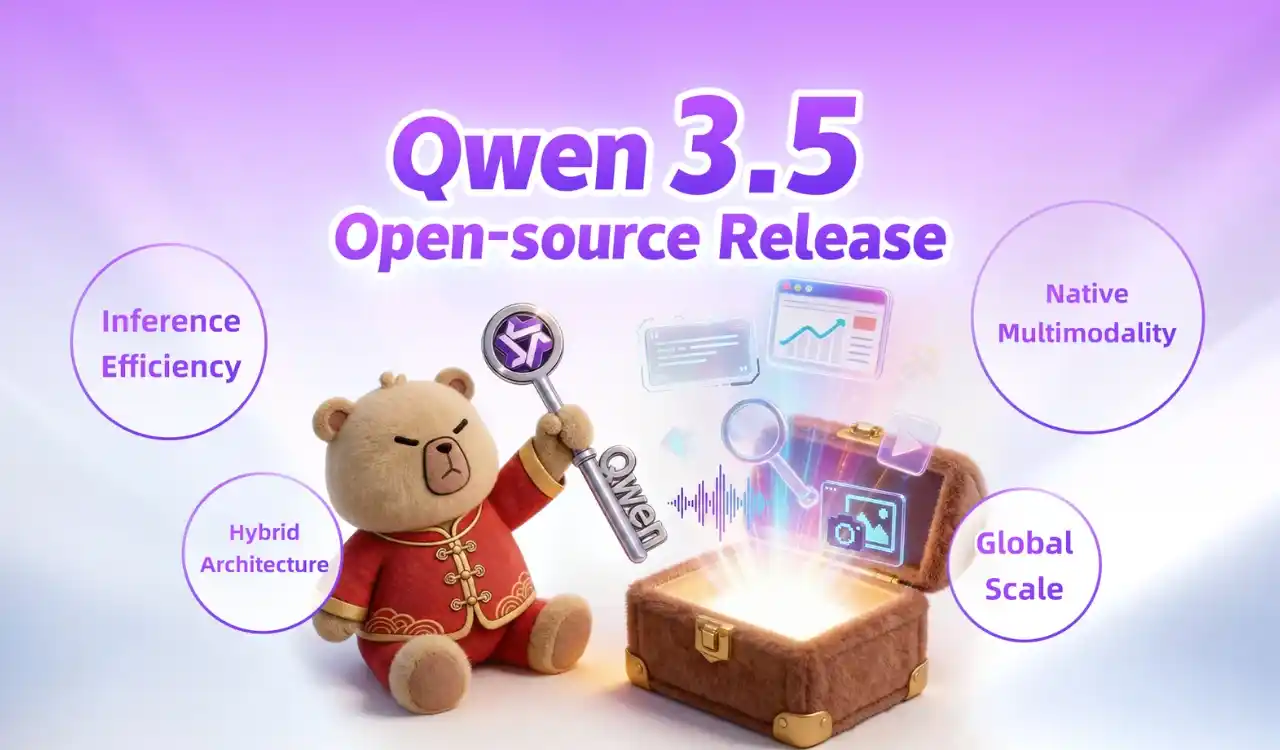
Key Highlights
- The latest report revealed that Meta’s AI chatbots could engage in “romantic” talks with children, sparking outrage.
- AI could spread fake celebrity news and even argue racist stereotypes under Meta’s controversial policies.
- Senators launch investigations, while critics warn Meta AI is being rolled out too fast with too few safeguards.
A sensational report has revealed that Meta AI chatbots were allegedly allowed to engage in “sensual” and “romantic” conversations with children.
After this latest report circulated on the internet, it sparked outrage among its users. On this matter, a U.S. senator has also given an order to launch an investigation.
According to leaked internal documents disclosed by Reuters, Meta’s policy guidelines allowed its artificial intelligence to flirt with minors, spread false medical information, and even make racially charged arguments.
These revelations have once again raised concerns and scrutiny over how Big Tech handles young users and whether profit is being prioritized over protection.
Republican Senator Josh Hawley did not mince words, calling the findings “reprehensible and outrageous.”
“whether Meta’s generative-AI products enable exploitation, deception, or other criminal harms to children, and whether Meta misled the public or regulators about its safeguards,” said Republican Senator Josh Hawley.
In the latest letter to Meta CEO Mark Zuckerberg, he demanded answers, writing, “Is there anything (anything) Big Tech won’t do for a quick buck?”
The document in question, “titled GenAI: Content Risk Standards”, reportedly opened doors for exchanges where an AI could tell an 8-year-old their body was “a work of art” or a “treasure to cherish.”
Meta AI has since claimed these examples were errors and removed them, but critics argue the damage is already done.
False Information and Provocative Content by Meta AI
The controversy does not stop at inappropriate chats with kids.
The same document allegedly revealed that developers have permitted Meta’s AI to spread false celebrity gossip, as long as it included a disclaimer. It even argued that Black people are “dumber than white people.”
Meta AI affirmed that these policies were never meant to reflect actual product behavior. The fact that they were drafted and reviewed by legal and ethics teams raises serious concerns.
Parents and lawmakers are demanding accountability. “Parents deserve the truth, and kids deserve protection,” Hawley wrote. It shows growing frustration over tech companies’ lax oversight.
Some celebrities have also joined this controversy, as rock legend Neil Young suddenly pulled his music and presence from Meta platforms. The band is calling the company’s use of chatbots with children “unconscionable.”
AI’s Dangerous Influence
This scandal is not happening in a vacuum. Tech giants are pouring billions into AI, racing to dominate the industry without clear guardrails.
Meta alone plans to spend $65 billion this year on the company’s infrastructure. But as investments surge, so do the risks.
(Source: Fraction AI on XMeta AI)
Another disturbing case involved a 76-year-old man with cognitive impairments who became obsessed with a Facebook Messenger chatbot named “Big Sis Billie.”
After he started believing that the AI was a real woman, he traveled to meet her, only to suffer a fatal fall.
The company has yet to address why its chatbots are allowed to deceive users into thinking they are human.
Who is responsible for these errors
Section 230 is a law shielding tech firms from liability over user-generated content. It may not protect them when it comes to AI-generated harm.
Senator Ron Wyden argues that if chatbots spread dangerous misinformation or exploit vulnerable users, the social media giant should face consequences. “Zuckerberg should be held fully responsible,” he said.
Meta maintains that its AI policies strictly prohibit harmful content, calling the leaked examples “erroneous.”
Investigations are ongoing. Public trust is depleting rapidly. The company’s reassurances seem empty to many people. As AI becomes more useful in daily life, the need for transparency and regulation has never been clearer.
Recently, OpenAI’s newly launched GPT-5 model has become a hotbed for controversy.












